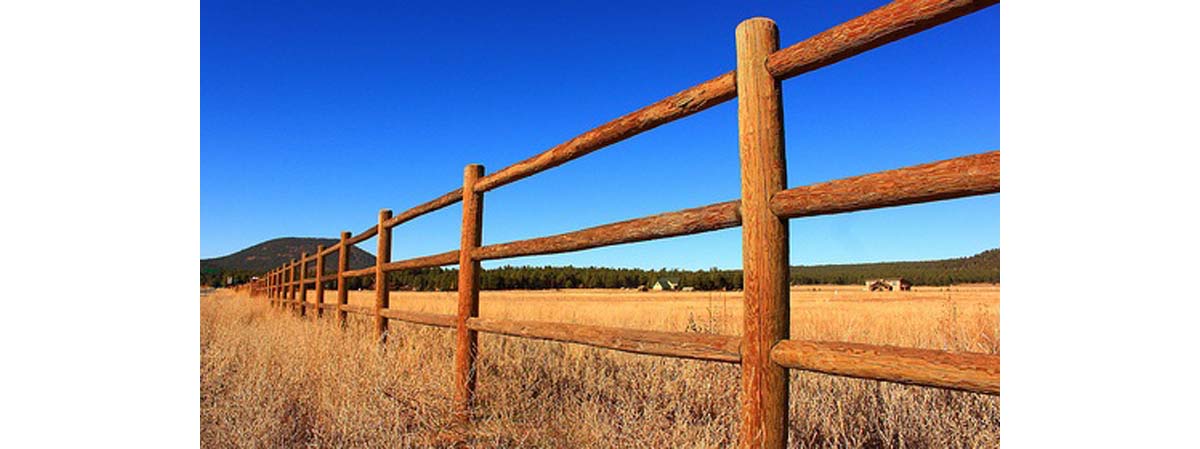Table of Contents
Residents of rural counties were more likely to drink, to smoke, and to be victims of crime. Babies in rural counties, in his study, were more likely to be born prematurely, and elderly people were more likely to die prematurely.
In the United States as a whole neither rural counties nor urban counties are the most likely to report good health statistics. The best outcomes are found in suburban counties, populated by wealthier families, but near good health facilities. A person in Georgetown, Texas, for instance, is 10 times more likely to survive a heart attack than one living in the vicinity of Ducktown, Tennessee. For-profit healthcare concerns often focus their efforts on providing care in wealthy suburbs. Insurance premiums are likely to be lower, too.


But what if you have your heart set on living on your own green acres, land spreadin' out so far and wide? With a little planning, you can avoid the problems that cause disease in rural areas.
- Make sure your country home has an adequate septic tank. Rural home owners don't get public sewage service. They have to manage their own waste through septic fields. If you don't want to spend the afternoon after every holiday meal digging out the lines to your septic field, make sure you have an adequate system to protect both your family and your neighbors.
- Make sure you have a clean water supply. In the United States, even rural areas now have access to public water supplies. If you have well water, have it tested for both microbial and chemical contamination, especially if nearby farms use chemicals.
- Learn first aid, and get to know your first responders. In most rural areas in the United States, there will be one nearby neighbor who has been trained as an emergency medical technician. This person works for free, and often is available 24/7. If you call 911 for an emergency, your first responder will be sent to your location before the ambulance. First aid can make a critical difference in the minutes while you are waiting for the first responder, and getting acquainted with your first responder can ensure you can be reached.
- Plant a garden. Until the 1980's, most farmers had gardens, and many raised almost all of their own food. Now rural residents often drive long distances to city jobs to make ends meet and don't devote time to their gardens. Simply planting a few salad greens, however, can save money and improve your health.
- Keep fire-fighting tools on hand. The fire department and the emergency medical team are usually housed in the same building, and that building can be a long drive from your home. Having a working fire extinguisher, and keeping combustible materials out of your house and away from your house can save your home and even save your life.
- Always refill prescriptions ahead of time. Storms can make travel into town impossible.
- Learn the fastest route to emergency care centers. In the event help doesn't come or can't come quickly enough, you will have to take your family member in for treatment yourself. Learn the quickest routes and alternate routes to the medical facilities you need.
- Keep your cell phone charged and handy. Power lines and electrical lines can go down. Keeping your cell phone in working order helps you maintain a connection to the outside world.
- Sharkey JR, Johnson CM, Dean WR. Less-healthy eating behaviors have a greater association with a high level of sugar-sweetened beverage consumption among rural adults than among urban adults. Food Nutr Res. 2011
- 55. doi: 10.3402/fnr.v55i0.5819. Epub 2011 Apr 19.
- Photo courtesy of yeshwanth on Flickr: www.flickr.com/photos/yeshwanth/5175943146/

